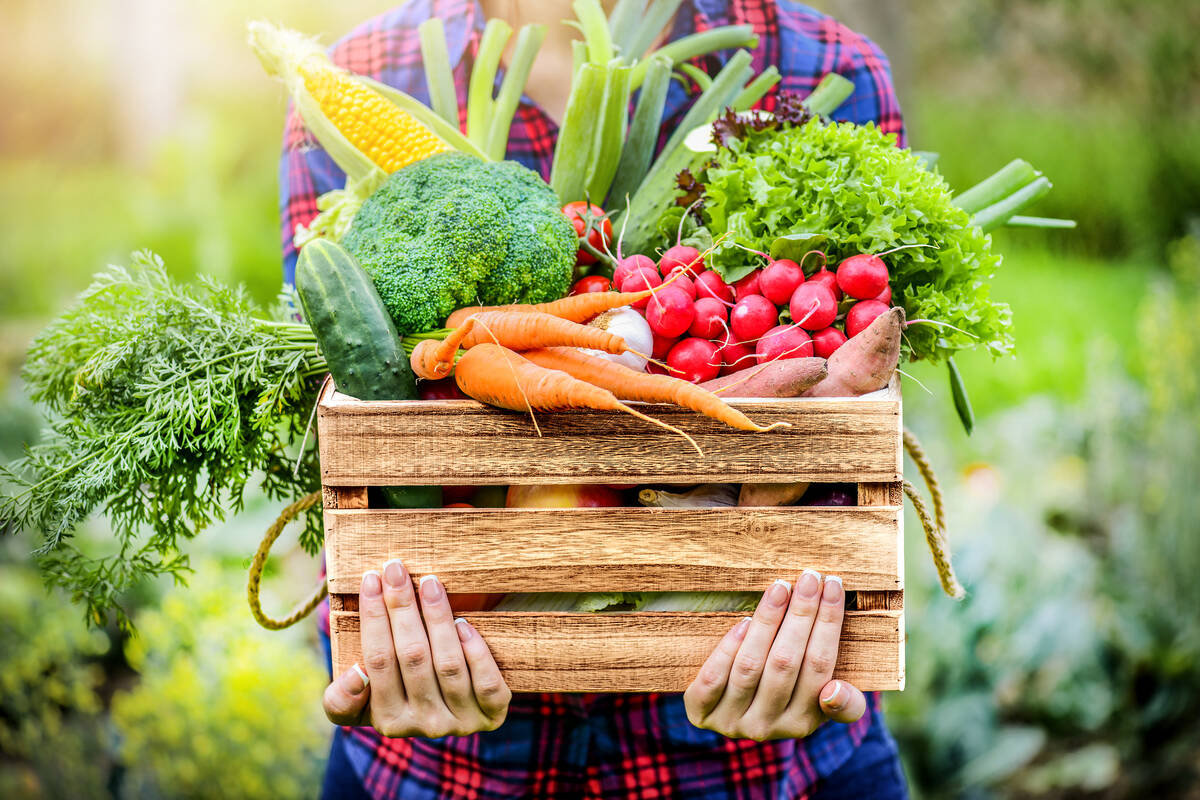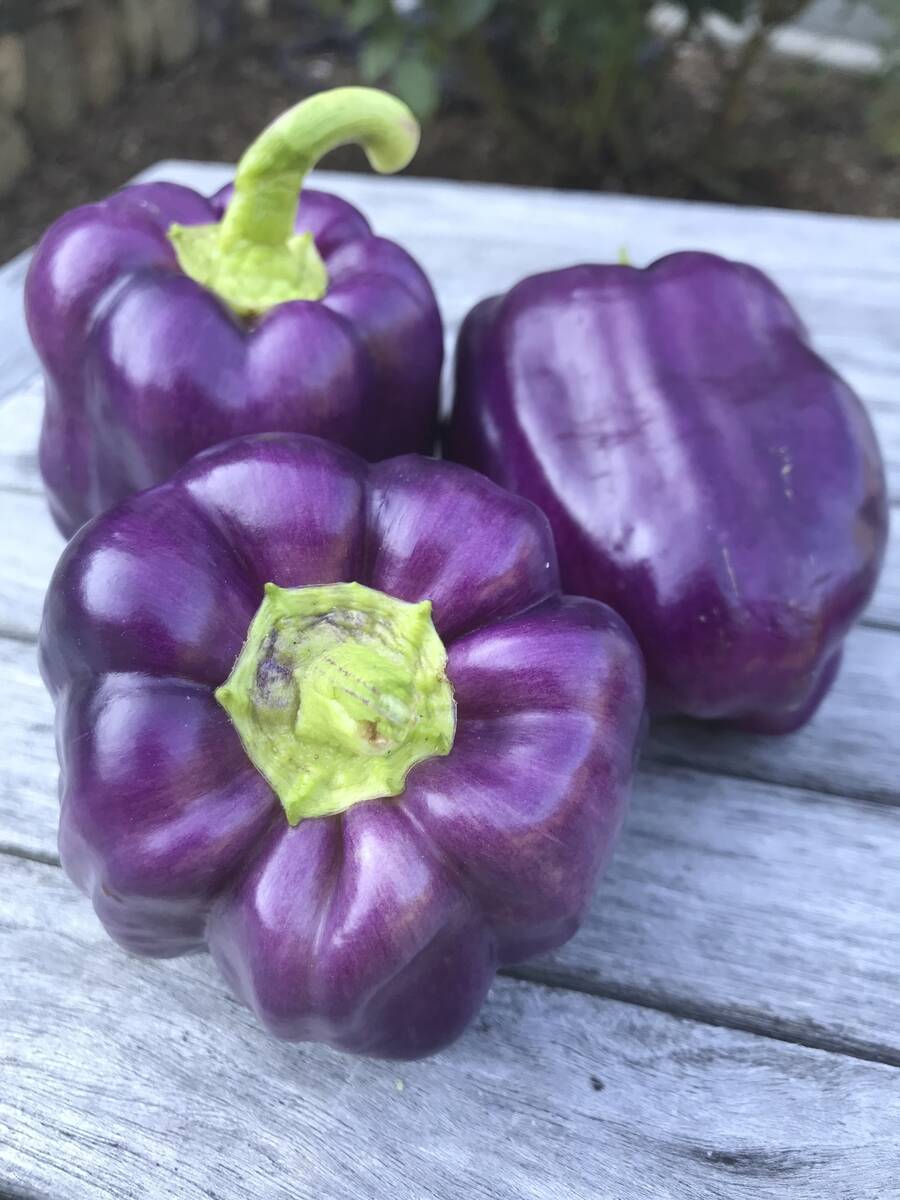Why seasonal eating is better for your health
As peak summer approaches in Sicily, Anna Fiannaca prefers the peppers, eggplants and zucchini her brothers grow over the packaged food in the supermarket.
The 89-year-old cooks everything from scratch and eats mostly vegetarian. But she attributes much of her continued good health to adjusting her diet to what is most available throughout the year.
“It was just the way of life in Sicily, taking whatever the seasons will give you,” says Fiannaca, who lives near Agrigento.
Eating a variety of fruits and vegetables is one of many aspects that makes the Mediterranean diet healthy. It also includes an abundance of nuts, legumes, beans and healthy fat from olive oil and fish.
But nutrition experts say no matter where you are, buying in-season produce is an easy step toward better eating habits.
“Seasonal eating is kind of a pathway to build a broader diet variety,” says Sharon Gray, a registered dietician who supervises the University of Connecticut’s community nutrition program.
Why is seasonal eating better for you?
Consuming a high variety of fruits and vegetables is an important part of good nutrition, lowering the risk of heart disease, obesity and other ailments.
Choosing whatever is most abundant in the market each month is a good way to start, says Gray, who offers healthy cooking workshops to low-income Hartford residents.
In New England, the summer’s tomatoes, berries and peaches give way to autumn’s pumpkins, squash and cranberries. All are high in antioxidants and fiber, and provide a wide range of vitamins, minerals and complex carbohydrates.
It helps that in-season produce tastes better.
“A lot of adults don’t like a lot of fruits and vegetables, so if you can get them to like something, then they build it into their diet,” she says. “That is moving people away from processed food to preparing more food at home.”
Eating seasonally often also means eating locally, says Julia Zumpano, a registered dietitian at the Cleveland Clinic, specializing in disease prevention and management.
Besides the environmental benefits, local produce generally has more nutrients because it has naturally ripened and is consumed soon after being picked.
“You’re going to maximize your vitamins and minerals in there, the polyphenols and antioxidants that are the foundations of how we decrease the risk of disease,” Zumpano says.
How do you get started?
Changing your diet requires a bit of an open mind, says Sean Heffron, cardiologist at the Center for the Prevention of Cardiovascular Disease at New York University Langone Health. He counsels patients to look beyond the broccoli, onions and other vegetables that are available year-round.
“Open yourself up to, ‘Oh, now I see a lot of asparagus or peaches or artichokes,’ ” Heffron says. “It will expose you to more, and make you willing to try to eat more fruits and vegetables in general.”
Gray noted that farmers markets, many of which now accept food benefit programs such as SNAP, have become more widespread. But she also recommends shopping at regional grocery chains, which may be more likely than national retailers to offer local produce.
She tells people to look at flyers and signs in the store to see what is on sale, which is usually an indicator of seasonal abundance. Besides saving money, it allows people to buy pricey items such as berries that can be frozen to eat later in the year.
Zumpano suggests signing up for a Community-Supported Agriculture program, or CSA, that delivers a box of seasonal produce.
“You don’t get to pick and it just comes every week,” she says. “I usually have to purchase additional food, but I can use that as a great foundation.”
Experts caution that eating seasonally isn’t a cure-all, and some studies have found people in colder climates suffer from nutritional deficiency in the winter. That means you should still continue to buy leafy greens and other vegetables all year.
“We need seven to nine servings of fruits and vegetables every day,” Zumpano says. “Ninety percent of us don’t eat enough of them.”















